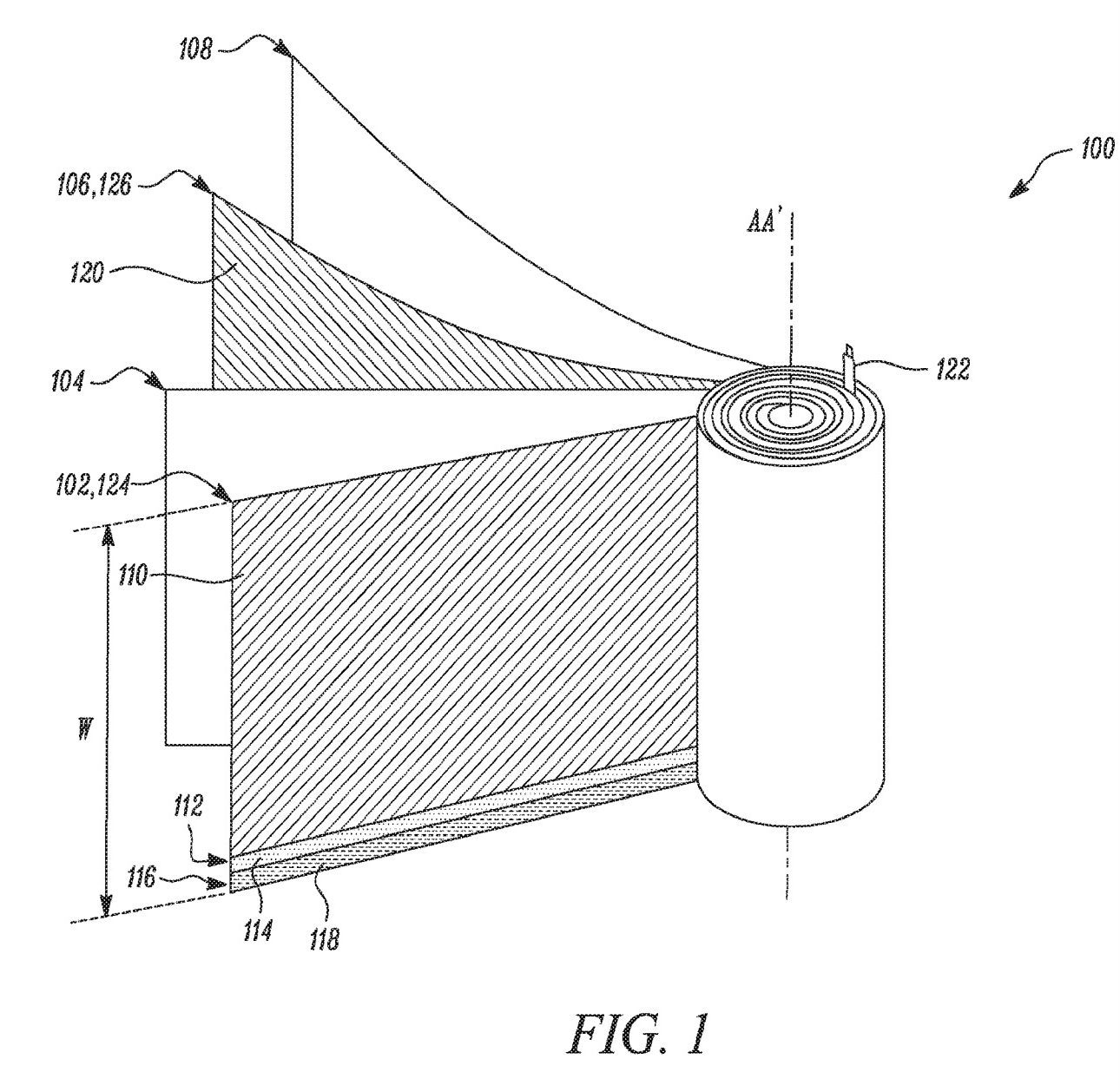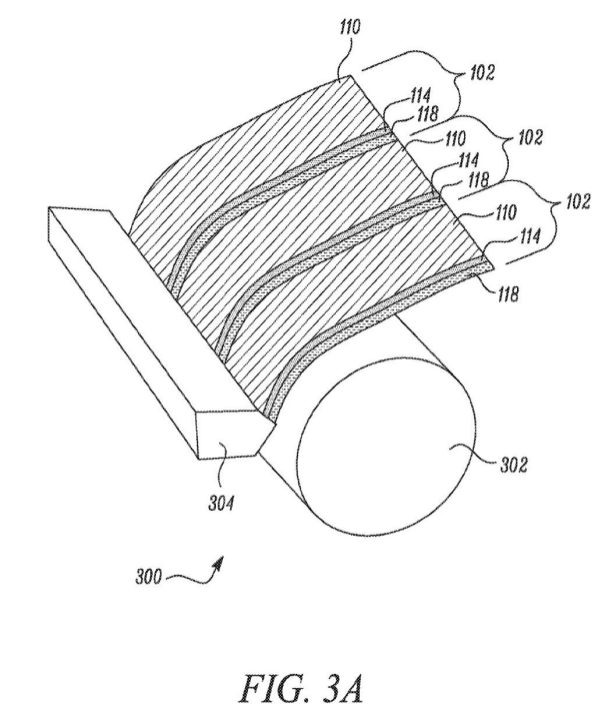
Electrek has an exclusive first look at Tesla’s new battery cell produced in-house with its new Roadrunner battery manufacturing system.
Ahead of Tesla’s ‘Battery Day’, we have been reporting on the automaker’s effort to build its own battery cells.
Earlier this year, Electrek has exclusively revealed Tesla’s secret “Roadrunner” project, which consists of its in-house designed battery cell manufacturing system to increase production volume and reduce cost.
Tesla built a “Tera battery manufacturing facility” in its facilities on Kato Road next to its factory in Fremont to house the project.
While we got some information on Tesla’s effort to develop novel manufacturing systems to build battery cells, we didn’t have much information on the cells themselves.
Now we get what might be the very first look at these new battery cells produced by Tesla.
An anonymous source sent Electrek two pictures of a battery cell claiming that they were Tesla’s new in-house cell:


We started asking sources and circulating the images around to gather more information on this mysterious and large battery cell:
Another independent source was able to confirm to Electrek that this is indeed one of Tesla’s own battery cells produced with the Roadrunner system.
Tesla is still keeping the specs of the cell close to its chest, but we are still able to find out a few new details about the cell.
The diameter of the new cell is twice as big as Tesla’s 2170 cells currently used in Model 3 and Model Y vehicles and produced by Panasonic at Gigafactory Nevada.
Doubling the diameter of a battery cell results in 4 times the volume in the cell.
If the new volume is used efficiently, you gain a lot of capacity while reducing cost with fewer casings and fewer cells per pack.
Furthermore, the pictures appear to show a tabless cell, which is something we know Tesla has been working on.
Earlier this year, Tesla applied for a patent a new battery cell with a tabless electrode that Elon Musk hyped as “way more important than it sounds.”


The new cell design helps reduce the internal cell resistance for the current paths inside the cell – improving performance.
On top of the cell capacity improvements, the lack of a tab reduce cost and simplify manufacturing.
Tesla is currently building a pilot production line to produce those cells in volume in Fremont and Tesla Grohmann, the company’s automation group, is currently building the machines for higher volume production based on what they are learning from the pilot line, according to a source familiar with the matter.
The automaker is also planning to deploy the battery manufacturing system at its upcoming Gigafactory Texas in Austin.
More information is expected to be released at Tesla’s Battery Day next week.
Electrek’s Take
This is a very interesting development. Those simple changes of having a much larger cell with a tabless design could alone result a significant improvement in the performance of the cells.
Combine that with some potential material and chemical changes and the overall performance improvements might be more than just incremental compared to Tesla’s current cells.
Now a new cell format also means new modules and new packs to accommodate the new cells.
There could room for improvements here too since Tesla will be going from thousands of cells per pack to potentially less than a thousand with this cell format.
At this point, it’s also my understanding that Tesla plans to unveil more than one new battery cell at Battery Day.
We have previously reported on Tesla’s project Palladium, which involves significant updates to Model S and Model X, but it now looks like it could also involve new cells specifically for that project on top of the Roadrunner cells.
Now how Tesla plans to rollout those new cells into its existing vehicle programs in production without too much disruption is less clear.
We are likely going to have to wait until Battery Day to understand the full extent of Tesla’s plans.
Subscribe to Electrek on YouTube for exclusive videos and subscribe to the podcast.
Author: Fred Lambert
Source: Electrek



